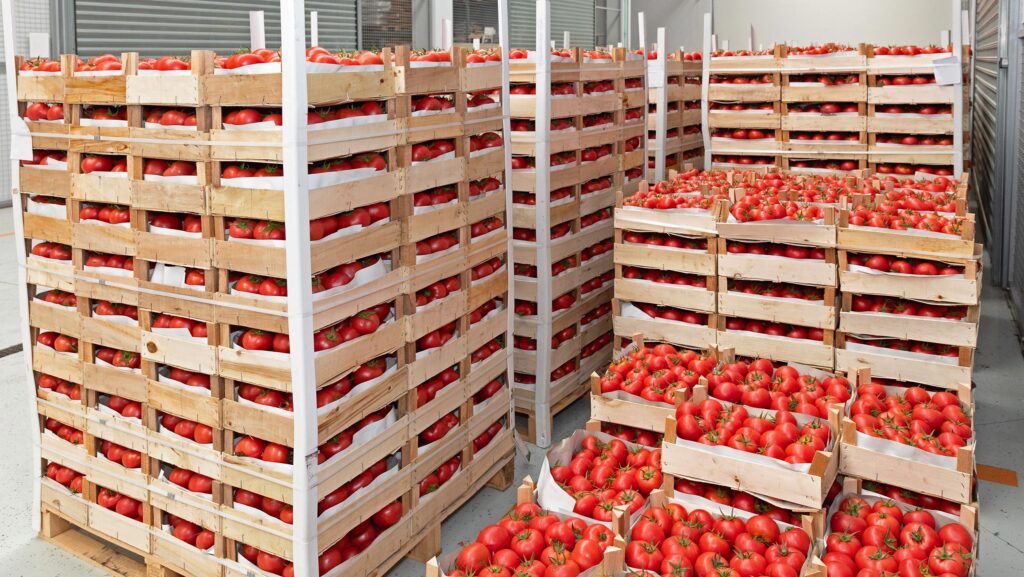Fruit and veg import checks scrapped ahead of UK-EU deal
 © Adobe Stock
© Adobe Stock The UK government has announced the removal of border checks on medium-risk fruit and vegetables imported from the EU, a move aimed at easing trade and reducing costs for businesses.
This decision comes ahead of a new UK-EU sanitary and phytosanitary (SPS) agreement, which is set to eliminate routine checks and fees on food exports and imports.
Under the new arrangement, products such as tomatoes, grapes, plums, cherries, peaches, and peppers will no longer require import checks or associated fees when entering Britain from the EU.
See also: UK-EU deal to ease red tape on agricultural exports
This change is expected to streamline the import process and alleviate some of the burdens faced by importers.
Biosecurity minister Baroness Hayman said the agreement would make food cheaper, reduce bureaucracy, and remove cumbersome border controls for businesses.
She described the strengthened partnership with the EU as a step forward in delivering benefits for working people as part of the government’s Plan for Change.
NFU disappointed
The NFU criticised the government’s decision to extend the easement on EU fruit and veg import checks, warning it fails to support domestic horticulture and prolongs unfair trading conditions.
NFU Horticulture and Potatoes Board chairman Martin Emmett said the move “does nothing to support the UK horticultural sector”, highlighting that UK growers continue to face full checks when exporting to the EU, while EU producers remain exempt.
“This announcement simply prolongs that disparity,” he said.
Mr Emmett also raised urgent concerns for growers reliant on imported young plants and seeds, which remain subject to costly and delayed checks. “These checks, which are costly, cause long delays and pose an infection risk, create an imbalance,” he said. “This needs to be addressed as a matter of urgency.”
Ali Capper, executive chairwoman of British Pears & Apples, called for imported trees and plants to be excluded from UK border checks in future deals, warning that current delays due to the Border Target Operating Model were “adding unnecessary cost and the risk of trees deteriorating”.
Further reaction
Industry groups have welcomed the government’s decision, however.
However, Jack Ward, chief executive of the British Growers Association, He expressed optimism that the changes would pave the way for “a simpler and more friction-free process”.
He noted that many major fresh produce companies operate in both the UK and other countries to ensure a continuous supply of fresh produce.
The government says its decision to extend the easement of import checks until 31 January 2027 also provides businesses with additional time to prepare for the implementation of the new SPS agreement.
